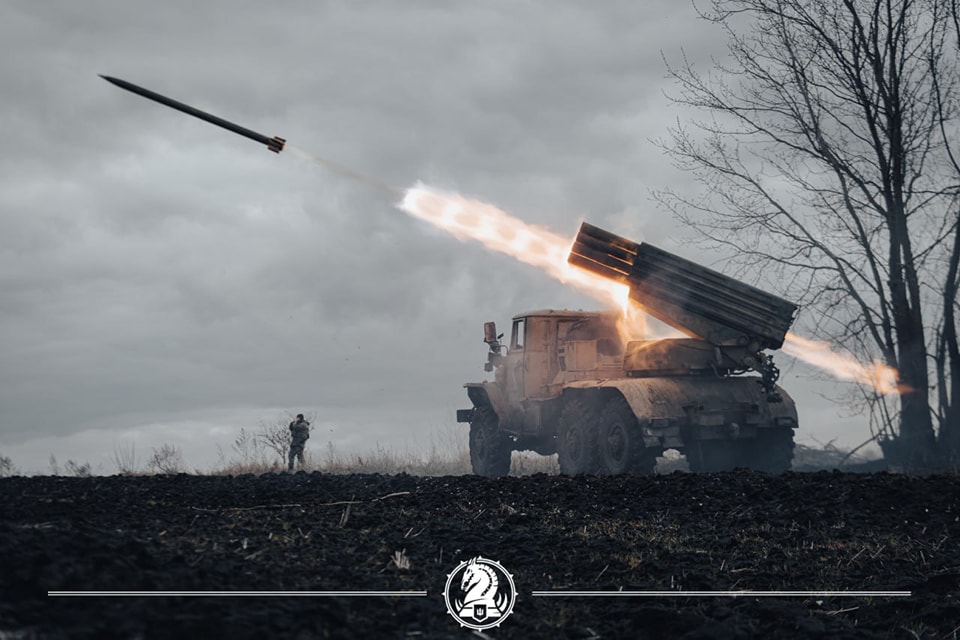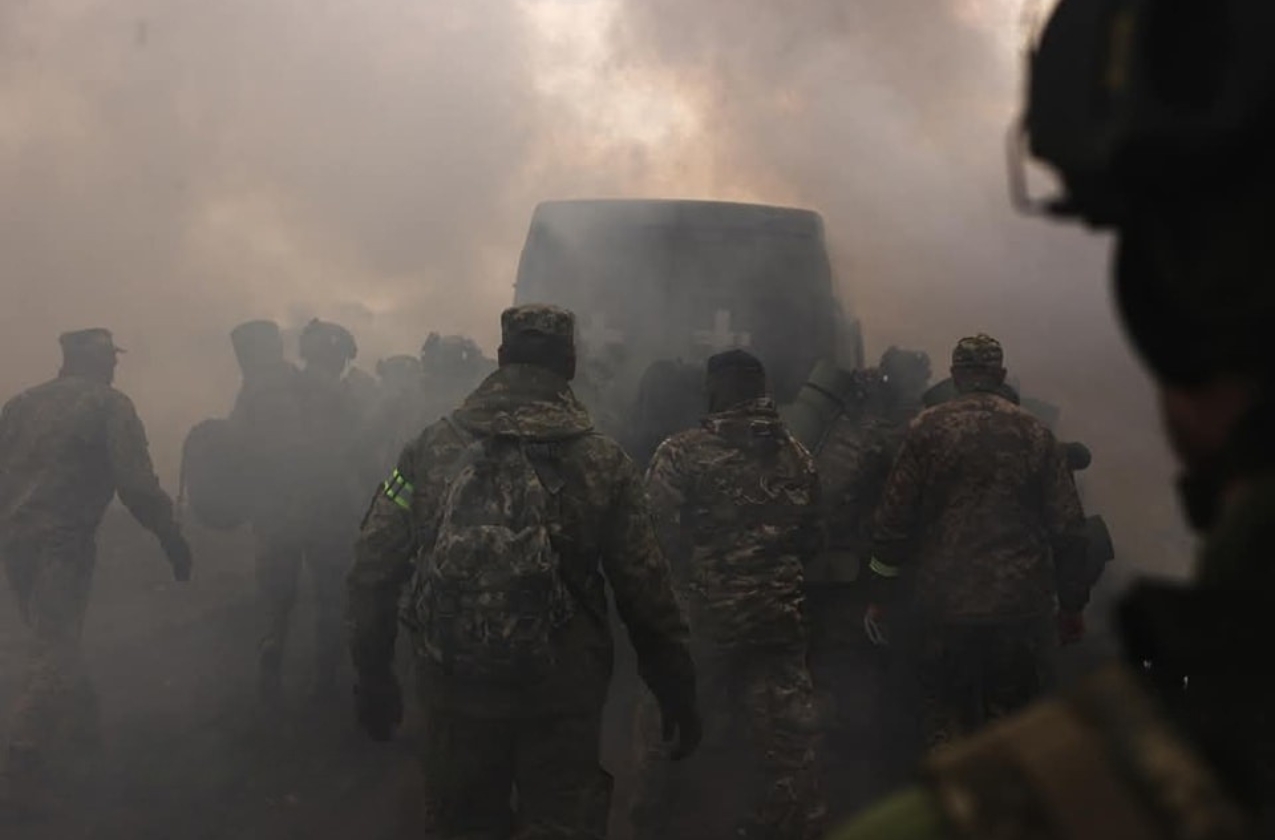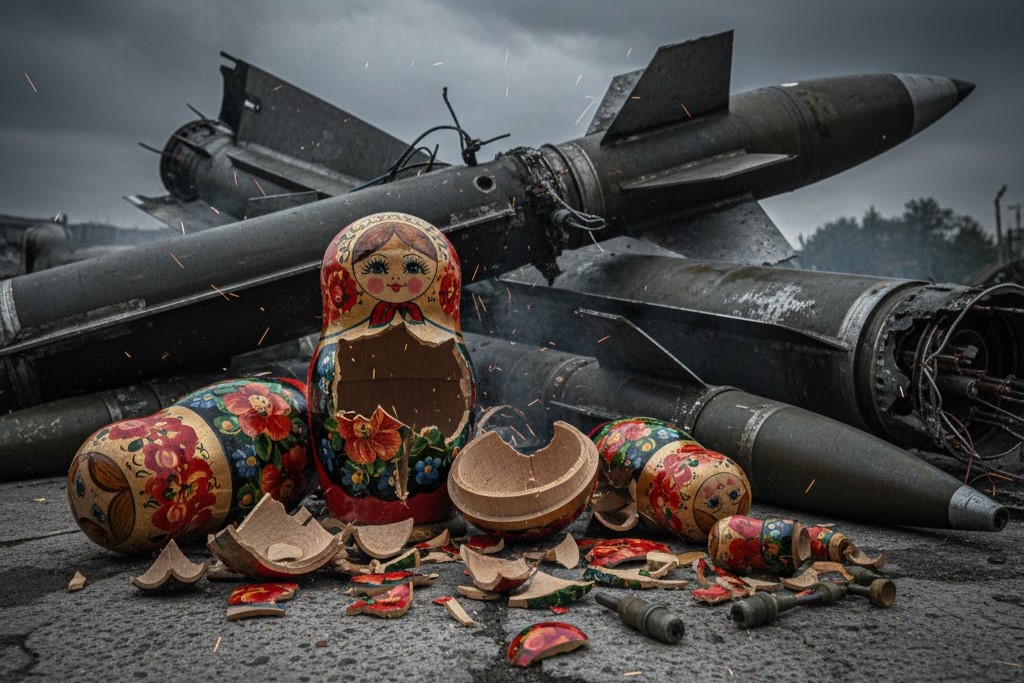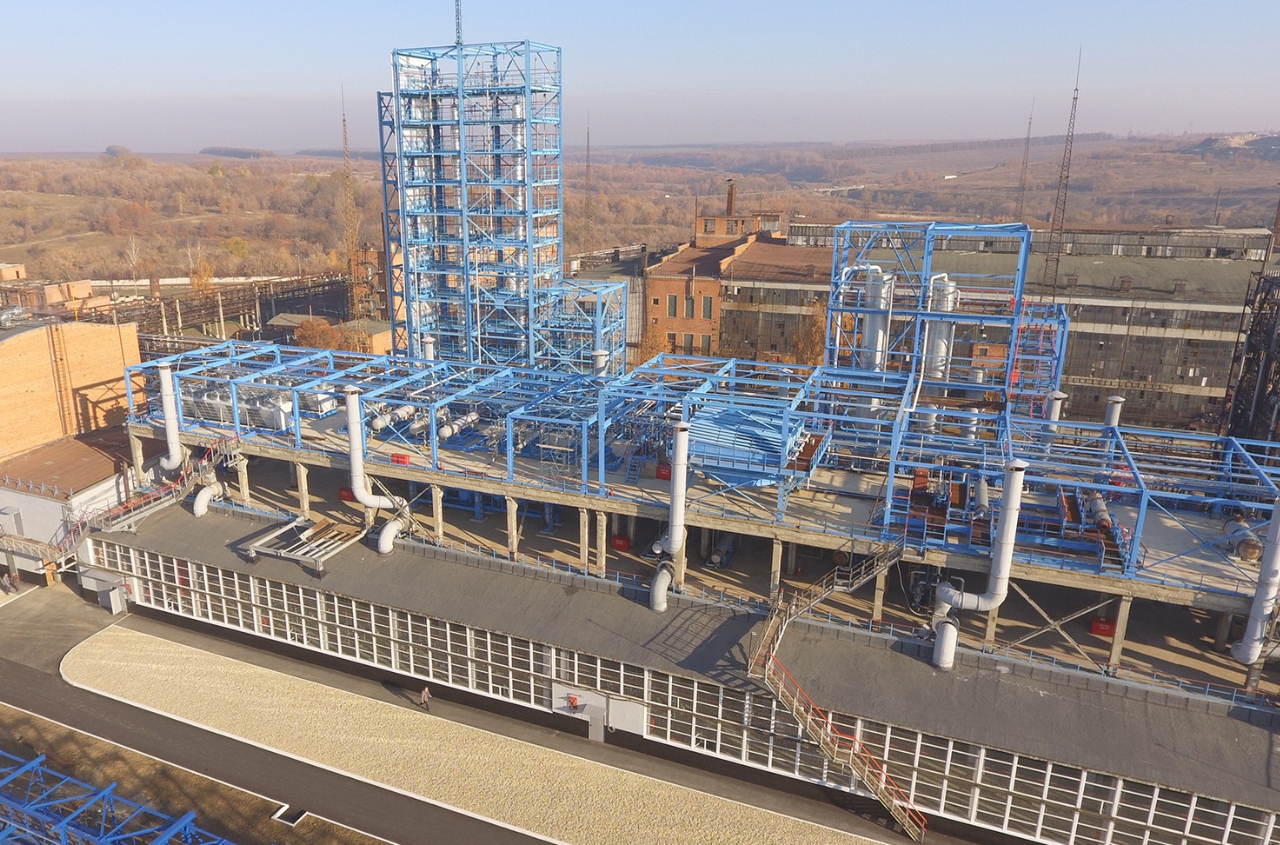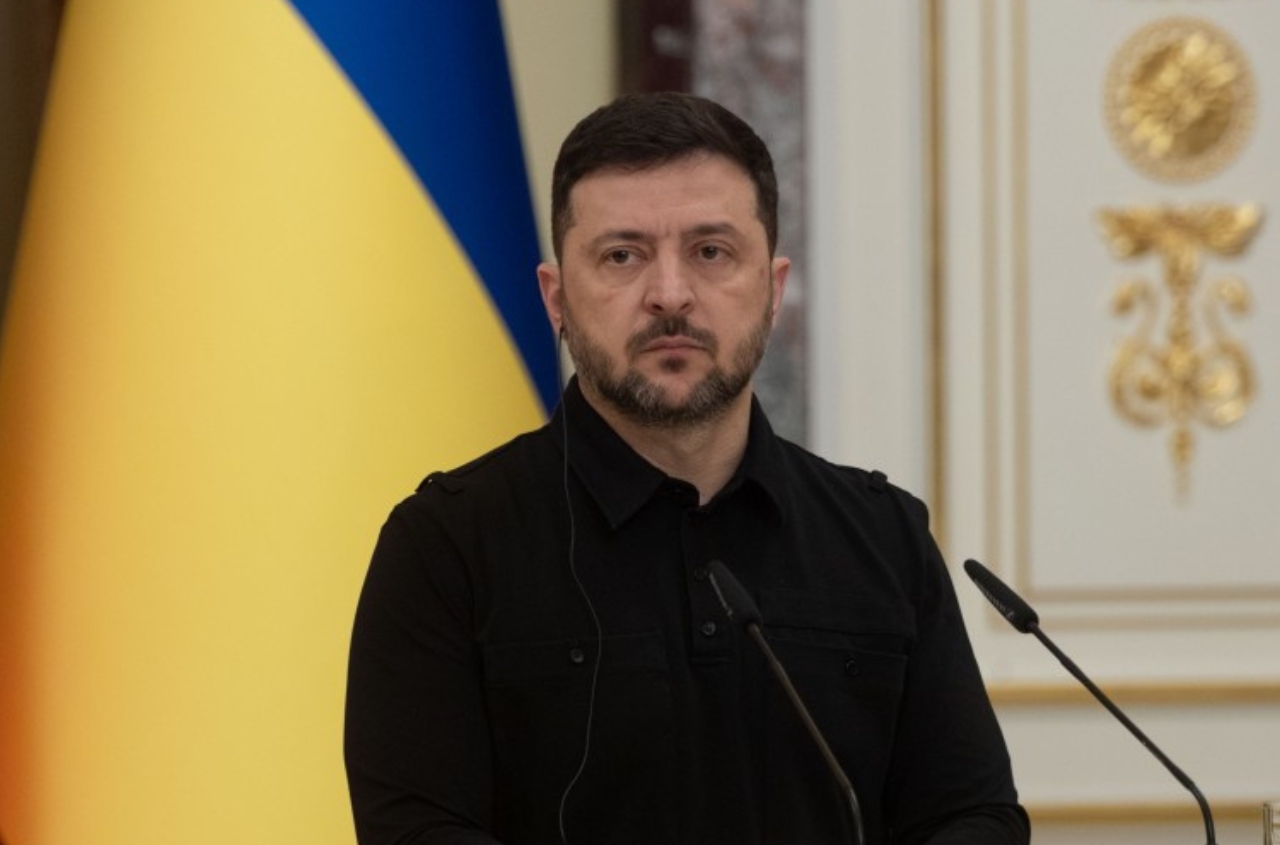Russian troops are gradually retreating from the western outskirts of the city of Pokrovsk following an unsuccessful attempt to cut off the highway from the Dnipropetrovsk region.
This was reported on television by Viktor Tregubov, spokesperson for the operational-strategic group of forces Khortytsia.
"We’re talking about positions to the west of the city (Pokrovsk). That’s where they’ve actually been slowly crawling back since March, if not since the end of February. They made a very active push to try to cut the road from the Dnipropetrovsk region – from Pavlohrad to Pokrovsk – but they failed. A turning point came when Ukrainian forces recaptured Kotlyne, and now the Russians are slowly pulling back from the western outskirts of the city, moving closer to the southern ones, which is where they had originally launched the offensive," Tregubov said.
He also noted that fighting in the Pokrovsk direction remains the most intense. Additionally, the occupiers are actively rotating their forces in the Kupiansk and Kharkiv directions; in the latter, they are focusing more on building up forces than launching attacks.
"If a decrease in the intensity of combat and engagements is taken as a sign of a ceasefire, then yes, there has definitely been a drop — about two to three times. But on the other hand, this is by no means a ceasefire. That is, if there were, say, 80 engagements, and now there are 30. It’s more like a breather, a temporary lull, especially considering that the Russians continue to actively rotate and amass troops — so let’s just say, this is not a pause. It’s a temporary decrease in intensity before a major ramp-up," Tregubov explained.
The spokesperson emphasized that while the number of engagements has dropped two- to threefold, it has not ceased — and meanwhile, the enemy is actively carrying out rotations and troop replacements.
"They even carried out a few operations that to us looked like attempts to provoke Ukrainian forces into a visible violation of the ceasefire — for example, maneuvers that resembled assaults but were carried out under white flags. It seemed like they were really just trying to provoke a visible breach of the ceasefire," Tregubov added.
